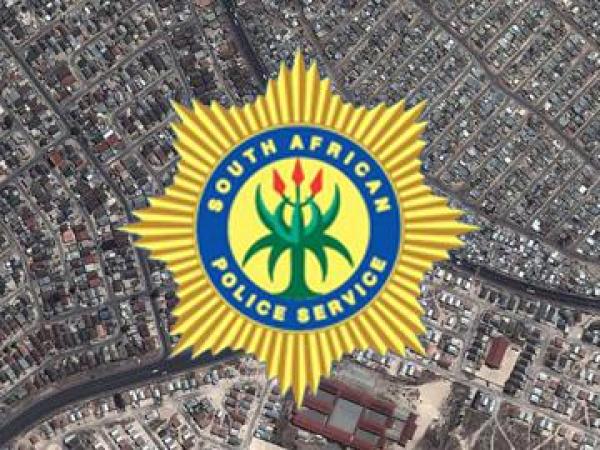SAPS in Harare, Khayelitsha: setup to fail?

Advocate Nazreen Bawa continued to lead evidence today with Colonel Gert Nel, former station commander of Harare police station, and Colonel Tshotleho Raboliba, current station commander at Harare.
She seemed understanding of the difficult work that the station commanders were expected to carry out. Bawa criticised the resource allocation process that left Harare under-resourced and over burdened. She was also critical of officer training and the complex regulations SAPS officers are expected to understand and adhere to.
Harare is considered the toughest areas to police in Khayelitsha, with the lowest ratio of officers to civilians of all three stations in Khayelitsha. While the national average of police officers to civilians in a policing precinct is 1 : 303, in Harare it is 1 : 903.

Map of Khayelitsha, showing the three policing precincts. Khayelitsha Site B police station policing precinct is the top of the map in yellow. Lingelethu West policing precinct is red. Harare’s policing precinct is in light blue at the bottom. The solid yellow areas show informal settlements. Enkanini and Endlovini, two large informal settlements, are in Harare.
Throughout the commission, there has been frequent reference made to the need for a fourth police station in Khayelitsha. It was proposed that a station should be built in Makhaza, to alleviate the burden on the Harare station.
The two themes of this morning’s testimony were human resources, specifically the lack of officers in Khayelitsha, and overburdened investigators, leading to poor investigation of crimes.
Bawa appeared sympathetic to the station commanders and the constables deployed in Harare.
After listing the various documents that regulate a police officer’s behaviour, she asked “How does the ordinary member comply with all of that?”
She asked about newly deployed student constables. How were they able to understand, implement and comply with all of the legislation and regulation that govern SAPS members’ behaviour.
Colonel Nel responded that “SAPS must be the most regulated organisation in the country”.
He said as officers progressed in their career they understood progressively more over time about the legislation.
Bawa asked if SAPS shouldn’t look to technology to streamline their training processes. Using computers could simplify training and make it less complicated and time consuming. Bawa suggested short training sessions held at the station on a regular basis. Currently, if a member goes for ongoing training or training in new technology or legislation, they must go to the training college in Paarl.
Bawa turned to investigation of dockets by detectives in Harare. She noted that in the past when it was noted that there was an insufficient number of detectives in Harare, a number of student constables was sent to the station.These junior officers were not sufficiently skilled or experienced enough to conduct investigations independently, and thus should not be seen as a solution to staffing shortages.
Bawa maintained that when considering the resources available to them, it seemed that the Harare police officers were “setup to fail”.
Colonel Nel agreed. “Yes, there are rotten apples,” he said, “but the majority are a hard-working bunch. I am proud of the team, what they do with what they have.”
The conversation led to Justice Kate O’Regan describing what she called “docket triage”. The officers in Harare operated in a situation in which it was clear there were not enough officers to investigate all dockets. They were forced to conduct a triage process and chose only the most pressing cases to investigate.
Nel said Harare was not particularly bad, or notably worse than other stations.
Justice O’Regan quoted a senior officer who told her that while the detectives under him were not always able to attend to their cases, he was unwilling to discipline them as even the best investigators could not handle such unreasonable caseloads.
Given the above evidence, it was unsurprising that absenteeism at Harare police station is high. Bawa cited a report in which 20 officers were scheduled to arrive for a shift, however only seven arrived. Some were on training, while others had taken sick leave or were on holiday. Absenteeism within SAPS is at around 30%.
Senior SAPS officers will continue to give evidence for another seven days to the Commission of Inquiry. No further testimonies are scheduled for this week. The Commission reconvenes on 24 March.
Support independent journalism
Donate using Payfast

Next: Misunderstood and villainised: the minibus taxi industry’s real issues with MyCiTi
Previous: Frustrated residents in Makhaya, Khayelitsha, arrested after taking the law into their own hands

This article is licensed under a Creative Commons Attribution-NoDerivatives 4.0 International License.
